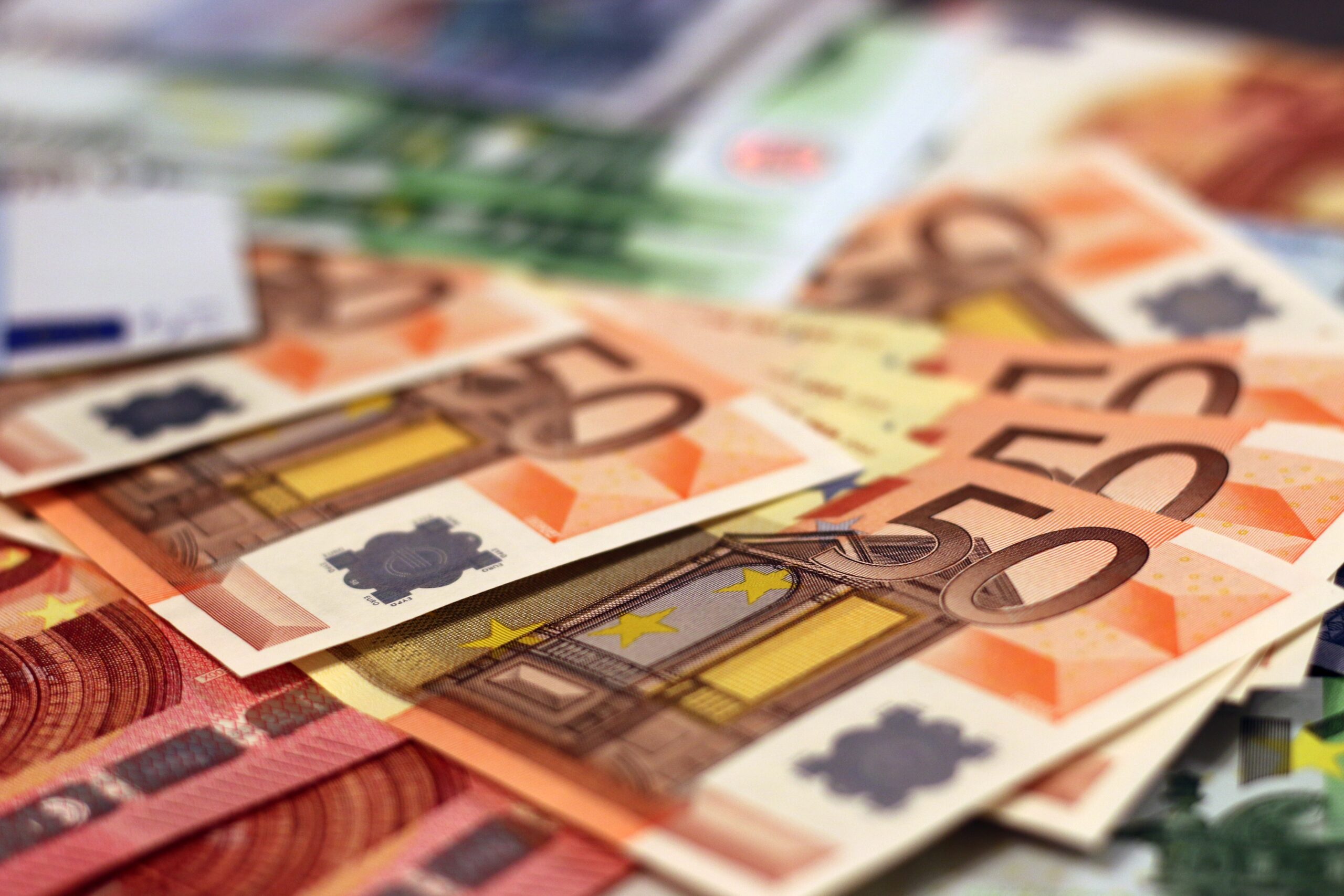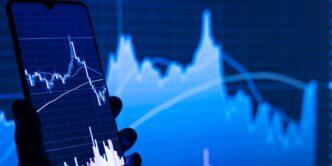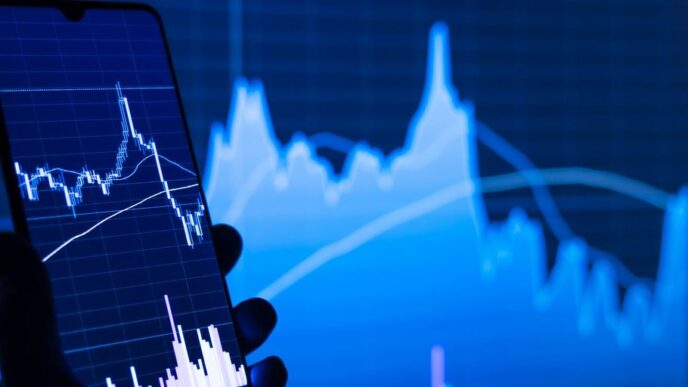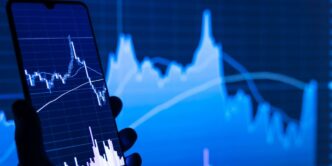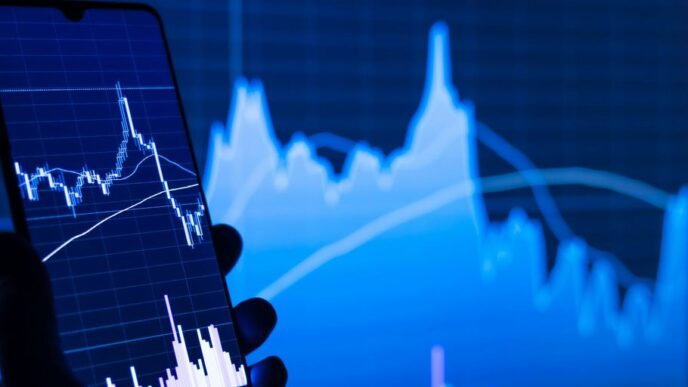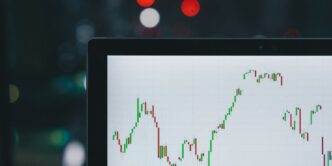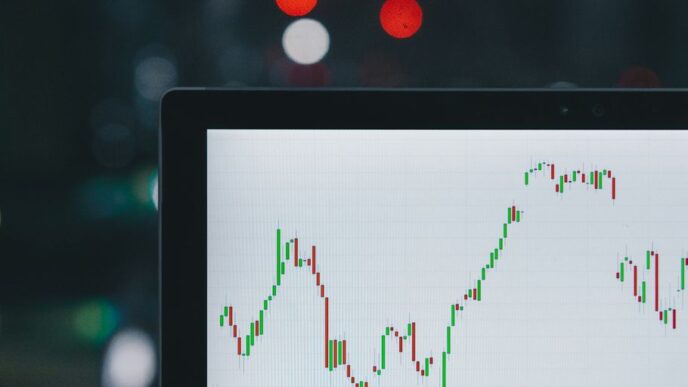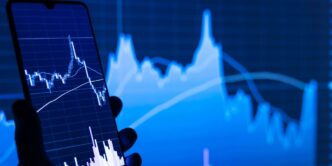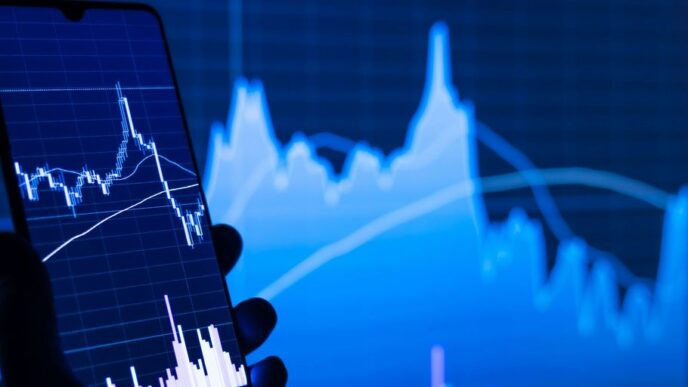Introduction
The exchange market, commonly referred to as the foreign exchange or forex market, is a global marketplace for trading currencies. It is the largest and most liquid financial market in the world, with a daily trading volume that exceeds $6 trillion. In this article, we will delve into the intricacies of the exchange market, exploring how it operates, the key players involved, the factors that influence currency exchange rates, and the associated risks and rewards.
Understanding the Exchange Market
The exchange market is where currencies are bought and sold. It is essential for international trade, allowing businesses and individuals to convert one currency into another. Transactions in the forex market occur over-the-counter (OTC), meaning they are decentralized and take place electronically, 24 hours a day, five days a week. Key features of the exchange market include:
- Currency Pairs: In forex trading, currencies are quoted in pairs, such as EUR/USD (Euro/US Dollar). The first currency in the pair is the base currency, and the second is the quote currency. The exchange rate indicates how much of the quote currency is needed to purchase one unit of the base currency.
- Market Participants: Various entities participate in the exchange market, including banks, financial institutions, governments, corporations, and individual traders. Central banks often intervene in the forex market to influence their own currency’s value.
- Liquidity: The exchange market is exceptionally liquid due to its vast trading volume. This liquidity ensures that traders can buy or sell large positions without significantly affecting exchange rates.
Factors Influencing Currency Exchange Rates
Several factors influence currency exchange rates in the exchange market, including:
- Interest Rates: Central banks’ decisions regarding interest rates impact currency values. Higher interest rates tend to attract foreign capital, increasing demand for the currency and driving up its value.
- Economic Indicators: Economic data, such as GDP, employment figures, and inflation rates, provide insights into a country’s economic health. Positive indicators can strengthen a currency, while negative ones can weaken it.
- Political Stability: Political stability and confidence in a country’s government can impact its currency’s value. Uncertainty and instability can lead to a depreciation of the currency.
- Supply and Demand: Basic supply and demand dynamics play a vital role in determining exchange rates. If a currency is in high demand, its value will appreciate.
- Speculation: Traders and investors in the exchange market engage in speculation, buying or selling currencies with the expectation of profiting from future price movements.
Risks and Rewards
Participating in the exchange market offers both potential rewards and risks:
Rewards:
- Profit Opportunities: The forex market offers the potential for significant profits due to its high liquidity and volatility.
- Diversification: Currency trading provides diversification options for investors looking to spread their risk across different asset classes.
- Accessibility: The forex market is open 24 hours a day, making it accessible to traders worldwide.
Risks:
- Volatility: High volatility can lead to substantial price swings in the exchange market, leading to the risk of significant losses.
- Leverage: Many forex traders use leverage to amplify their positions. While it can magnify gains, it also magnifies losses.
- Market Complexity: The forex market is complex, and novice traders can struggle to understand its intricacies, leading to potential errors in judgment.
- Economic and Political Events: Unforeseen economic or political events can have a sudden and severe impact on currency values.
Conclusion
The exchange market is a dynamic and influential global marketplace with a significant impact on international trade and investment. Understanding its mechanics, the factors that influence currency exchange rates, and the associated risks and rewards is crucial for individuals and institutions seeking to participate in this complex yet potentially lucrative financial market. Successful trading in the exchange market requires a combination of knowledge, experience, and a well-thought-out strategy.

